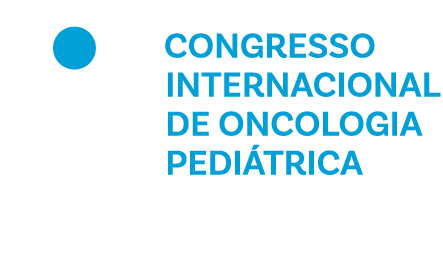Dados do Trabalho
Título
Genetic causes of sarcomas development in children, adolescents and young adults
Resumo
Introduction: Although genetic screening of cancer predisposing genes is currently well established for the most common hereditary tumors, there are a number of rare tumors, including sarcomas, which may be associated with hereditary cancer syndromes but whose pathogenic variants frequencies in these genes are still unknown. Aims: Our goal was to define the prevalence of germline pathogenic variants (GPVs) in known cancer predisposing genes in children, adolescents and young adults (AYA) with sarcomas and to compare the clinical and molecular characteristics of patients with and without germline pathogenic variants. Methods: We evaluated 177 young patients (<40 years old) diagnosed with soft tissue and bone sarcomas for the presence of GPVs using a custom 113 gene panel and next-generation sequencing. Evaluation of loss of heterozygosity (LOH) in tumor tissue was performed in cases with pathogenic variants. Results: The mean age of the cohort was 26 years (0-40) and patients were divided according to the age group in children (0-14 years) and AYA (15 to 40 years), which comprised 19.2% and 80.8% of the patients, respectively. Pathogenic/likely pathogenic (P/LP) variants were detected in 38/177 patients (21.5%), with a positive rate of 14.9% in children and 23.8% in AYA. These P/LP variants were found in genes previously associated with the risk of developing sarcomas (TP53, RB1, NF1, CHEK2, EXT1 and EXT2), but also in genes where that risk is still unknown (ERCC2/3, TSC2, RAD50, FANCM, and others) or is emerging (PALB2, BRCA2). The most frequent variant found was the TP53-p.Arg337His, identified in 5 patients (2.8%), 3 of them with leiomyosarcoma. GPVs carriers were more likely to present more than one primary tumor than non-carriers (21% X 6.5%; p=0.012), and there was no difference regarding positive family history of cancer. Of 26 tumors evaluated for LOH, loss of the wildtype allele was detected eight: TP53 (4/4), NF1 (1/3), EXT1 (1/1), CHEK2 (1/4), and MITF (1/1). Conclusion: Our findings reveal a high rate of germline pathogenic variants in young Brazilian patients with sarcomas (21.5%), even in patients without family history of cancer. This pinpoints the urgency of implementing appropriated genetic screening strategies for these individuals and their families.
Área
Genética/ Terapia de precisão
Autores
Nathália de Angelis de Carvalho, Karina Miranda Santiago, Joyce Maria Lisboa Maia, Felipe D’Almeida Costa, Maria Nirvana Da Cruz Formiga, Diogo Cordeiro De Queiroz Soares, Daniele Paixão Pereira, Barbara Rivera Polo, Dirce Maria Carraro, Giovana Tardin Torrezan

 Português
Português English
English